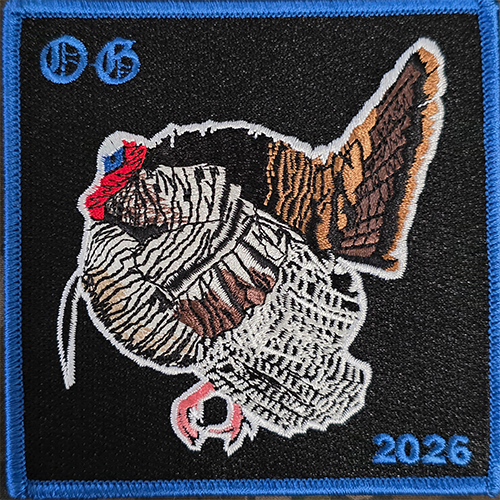        |
Turkey clinic instructor material help? History, biology, etcStarted by Timmer, March 11, 2015, 09:46:39 AM Previous topic - Next topic
User actions
|
        |
Turkey clinic instructor material help? History, biology, etcStarted by Timmer, March 11, 2015, 09:46:39 AM Previous topic - Next topic
User actions
|